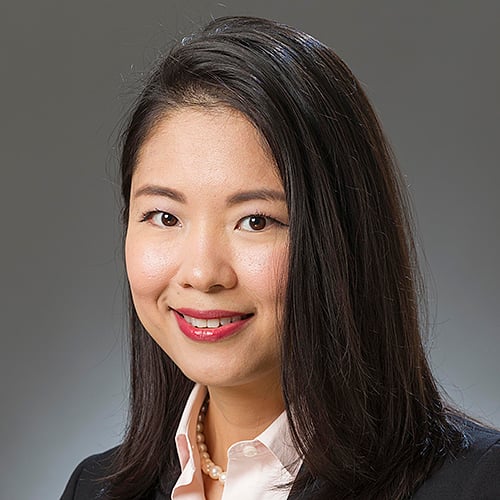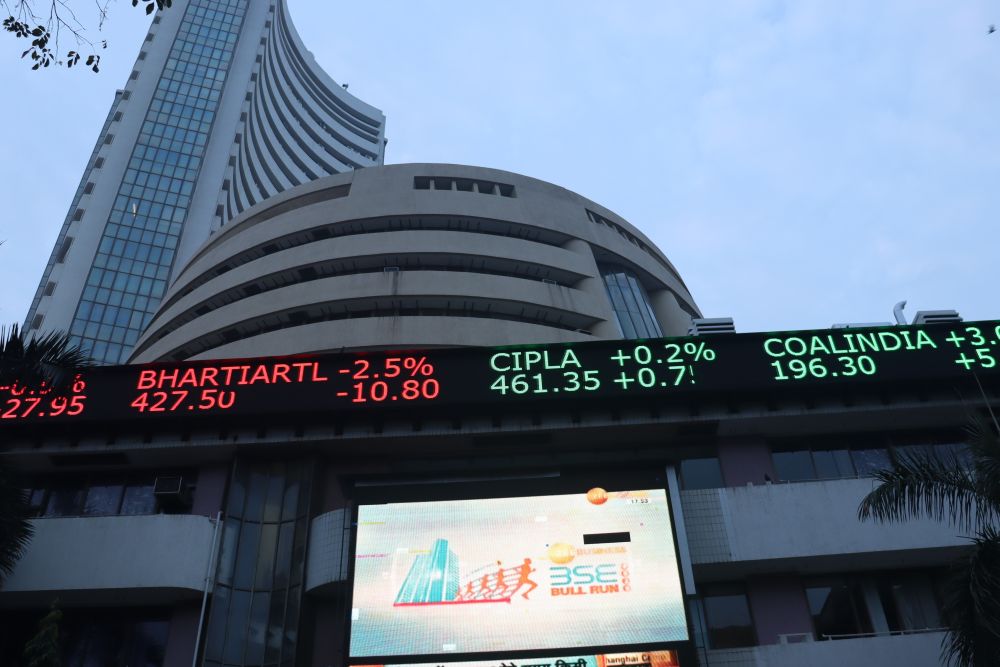THE Malaysian capital market grew 12.6% to 3.2 trillion ringgit (US$816.33 billion) in 2017 with the total capital raised amounting to 146.6 billion ringgit driven by better economic fundamentals and a recovery in corporate earnings. This was also underpinned by the growth in private investments, strong foreign inflows in foreign investment and higher investor participation, according to Securities Commission Malaysia.
The growth is also reflected in the country’s Islamic capital market, whose size increased 11.9% to 1.9 trillion ringgit. With such a performance, Malaysia continued to maintain its leading position with a market share of 38% in global sukuk issuances.
Of the total capital raised in 2017, corporate and sukuk issuances exceeded the 100-billion-ringgit mark for the first time since 2012, with a total volume of 124.9 billion ringgit in 2017, mostly by infrastructure projects and financial services entities.
Underpinned by the strong upward momentum in private investments, higher issuances were observed in the fourth quarter of the year as corporates sought to take advantage of the still favourable interest rate environment amid expectations of a rate hike in 2018. This followed the hawkish tone in Bank Negara Malaysia’s forward guidance towards the year-end.
In other fund raising, issuers also accessed the equity market to raise 21.7 billion ringgit in 2017, up almost 70% compared with 12.8 billion ringgit in the previous year. Equity market capitalization expanded 14.4% to 1.9 trillion ringgit, with positive performance across all key indices.
A total of 7.2 billion ringgit was raised through new equity listings with 12 initial public offerings. The three biggest IPOs were Lotte Chemical Titan Holding (3.77 billion ringgit), Eco World International (2.58 billion ringgit) and Serba Dinamik Holdings (600 million ringgit). Another 14.5 billion ringgit was also raised through the secondary market via rights issues and private placements.
The Malaysian equity market saw the strongest foreign demand relative to other markets in the region. Overall, foreigners were net buyers as the market registered cumulative net inflow of US$2.4 billion, or 10.8 billion ringgit, as of end-2017.
“The capital market has recorded strong growth across all segments and continues to play a major role in capital formation and the financing of the Malaysian economy, while at the same time offering a wide range of opportunities for investors as reflected by a high level of participation,” says Securities Commission chairman Tan Sri Ranjit Ajit Singh.
The fund management industry maintained its upward growth trajectory in 2017, with total assets under management rising 11.5% to 776.2 billion ringgit at year-end, compared with 696.3 billion ringgit in 2016. The increase was mainly attributed to the expansion in the unit trust industry, which recorded a 19.1% rise in net asset value to 427 billion ringgit in 2017.
Going forward, the Securities Commission says the domestic capital market will continue to play a major role in supporting economic growth through financing of business expansion and infrastructure development.
Based on its current estimates, total capital raising through primary and secondary markets is expected to remain resilient at about 120 billion ringgit in 2018. Domestic fund raising is expected to be largely driven by capital raising in the corporate bond and sukuk market for infrastructure financing as well as refinancing.
Fund raising through the corporate bond and sukuk market is expected to amount to about 100 billion ringgit. Equity fund raising is projected at 20 billion ringgit with 8 billion ringgit to be raised by IPOs and the rest through the secondary market.
The Securities Commission will liberalize in 2018 the requirements for retail participation in the bond and sukuk market, and pursue measures to enhance the vibrancy of the equity market. It will introduce enhancements to the IPO framework to promote efficiencies in equity fund raising.









